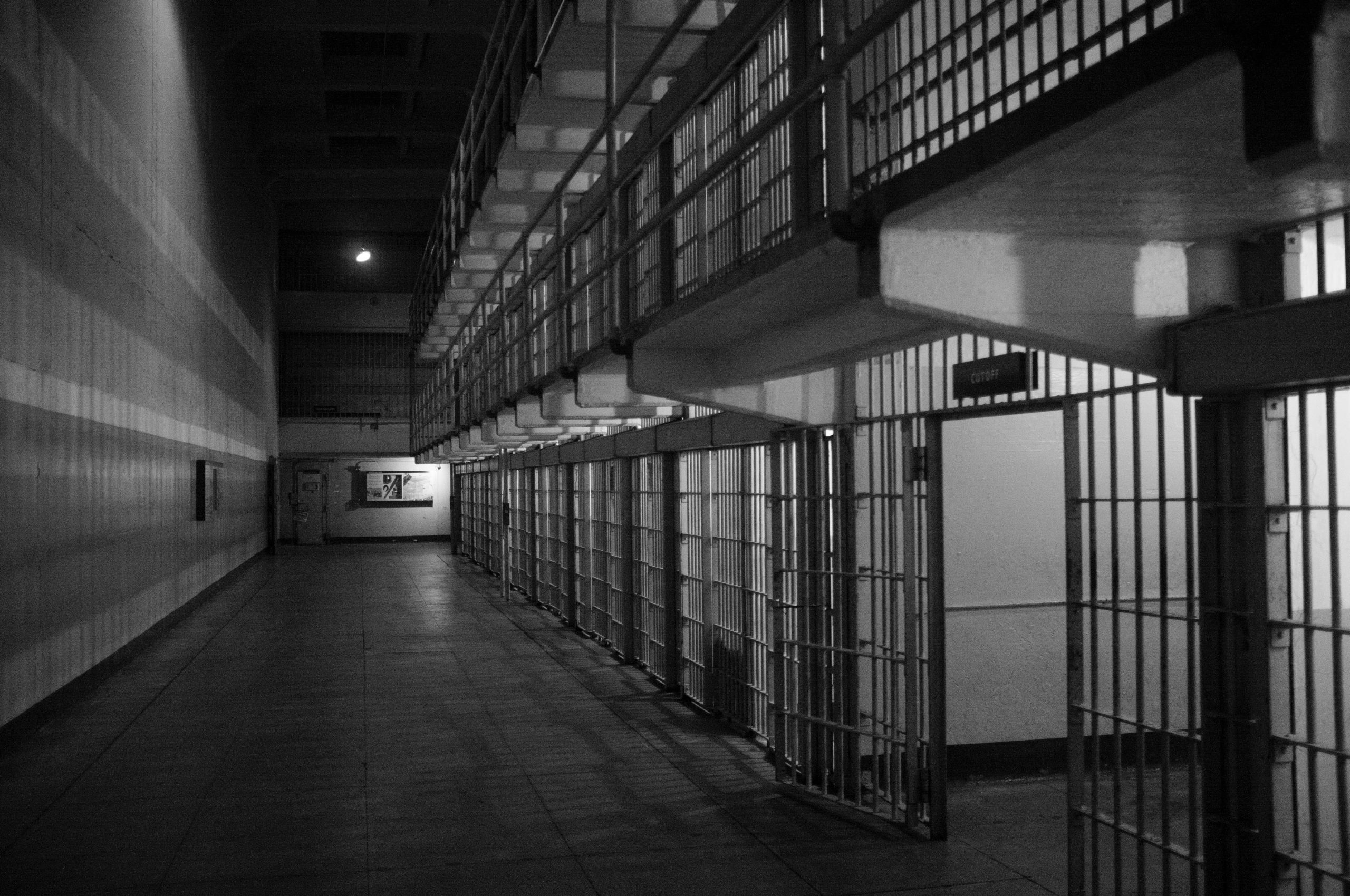(ATLANTA, GA, 4/20/2022) – The national office and Georgia chapter of the Council on American-Islamic Relations (CAIR/CAIR-GA) today welcomed the settlement of a lawsuit brought against DeKalb County Jail for repeatedly denying the provision of halal food and timely Ramadan meals to Muslims.
[NOTE: “Halal” is the Arabic word for foods allowed under Islamic dietary laws, which are similar to those used to produce kosher products for the Jewish community. Both Muslims and Jews are not permitted to consume pork products.]
CAIR and CAIR-Georgia yesterday announced the lawsuit at a news conference in Atlanta, Ga.
Under the terms of the stipulated settlement, DeKalb County Jail will “approve all requests for Kosher meals from Muslim detainees and begin to provide the meals (in the same form that are provided to Jewish inmates) to them immediately, as Kosher meals are understood by Muslims to meet the definition of Halal.”
The jail will ensure that the meals are delivered in a timely manner “approximately an hour before the morning prayer – Fajr) and approximately 10 minutes before the evening prayer (Maghrib).” That facility will also “ensure that times for the Fajr, Dhuhr, Asr, Maghrib and Isha prayers are announced in each pod which houses those observing Ramadan.”
“This important settlement sends the message that religious rights will be protected and that it is important to stand up for those rights,” said CAIR National Litigation Director Lena Masri. “We thank Sheriff Maddox for taking the right steps to resolve the issue.”
“We welcome the settlement of this lawsuit and hope it becomes a model for correctional facilities in Georgia and nationwide,” said CAIR-Georgia Legal and Policy Director Javeria Jamil.
CAIR-Georgia Executive Director Murtaza Khwaja said:
“While we welcome Dekalb County Jail agreeing to the terms of the stipulation, these basic accommodations should have been provided from the very start of Ramadan. The fact that these have just now been adopted after the filing of a federal lawsuit shows the extreme lengths Muslim detainees are forced to take.
“Prisons and jails across Georgia should take heed and examine their own Ramadan policies in light of this agreement to ensure that they are not in violation of federal law and that the constitutionally-enshrined rights of all Muslim detainees and incarcerees are protected.”
RAMADAN BACKGROUNDER
During Ramadan (rahm-a-DAHN), Muslims fast from break of dawn to sunset, abstaining from food and drink. Muslims eat a breakfast meal (called suhoor) before dawn. Prisons and jails across the nation normally accommodate fasting inmates by providing specially-timed meals early in the morning and at sunset.
The fast is performed in order to increase self-discipline, self-restraint, and generosity, and the community is encouraged to increase their volunteerism, charity, and prayer. Fasting is one of the Five Pillars of Islam, along with the declaration of faith, daily prayers, charity, and pilgrimage to Mecca.
The end of Ramadan is marked by communal prayers and celebration called “Eid ul-Fitr” (EED ul-FITr), or Feast of the Fast-breaking.
CAIR’s mission is to protect civil rights, enhance understanding of Islam, promote justice, and empower American Muslims.
END
CONTACT: Javeria Jamil, Legal and Policy Director CAIR-Georgia, [email protected]; Murtaza Khwaja, Executive Director CAIR-Georgia, 404 432 8847, [email protected]; CAIR National Litigation Director Lena Masri, 202 642 4934, [email protected]; CAIR National Deputy Director Edward Ahmed Mitchell, 404-285-9530, [email protected]; CAIR Government Affairs Director Robert McCaw, 202-742-6448, [email protected]; CAIR National Communications Director Ibrahim Hooper, 202-744-7726, [email protected]

